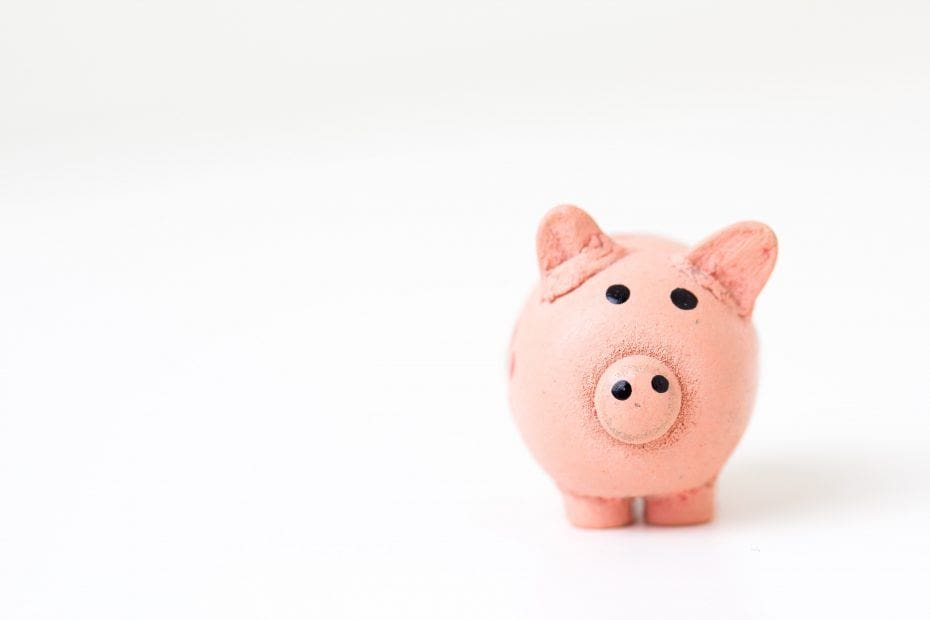The deepest recession in living memory?
By Oliver Sullivan
When an economy is deemed to be healthy, it grows over time. The value of a country’s goods and services increases and therefore its Gross Domestic Product (GDP) also increases. On average, people become richer and there are more jobs, more company profits and more taxes paid. More tax means more public services and more money for public sector workers pay.
This all goes into reverse when economies shrink and if this happens for two quarters in a row, this is termed a recession. In the UK, figures released on 12 August by the Office for National Statistics show that GDP fell by 2.2% in January-March 2020 and then bv a massive 20.4% in April to June, confirming that the UK was in recession as the whole economy came to a standstill as a result of lockdown.
“The pain of this recession will not be felt equally across society.”
The International Monetary Fund (IMF) predicts an overall fall of 10.2% for the UK in 2020, but many are optimistic for a rapid bounce back.
The IMF estimates that the entire world economy will shrink by 4.9% this year, making it the worst recession since the Great Depression in the 1930s. It is anticipated that there will be many job losses, less mobility in the employment market and pay rises will be hard to come by.
Graduates and school leavers could also find it harder to get their first job – hence the government are considering schemes to encourage firms to take on young people.
The pain of this recession will not be felt equally across society and inequality is likely to increase.
